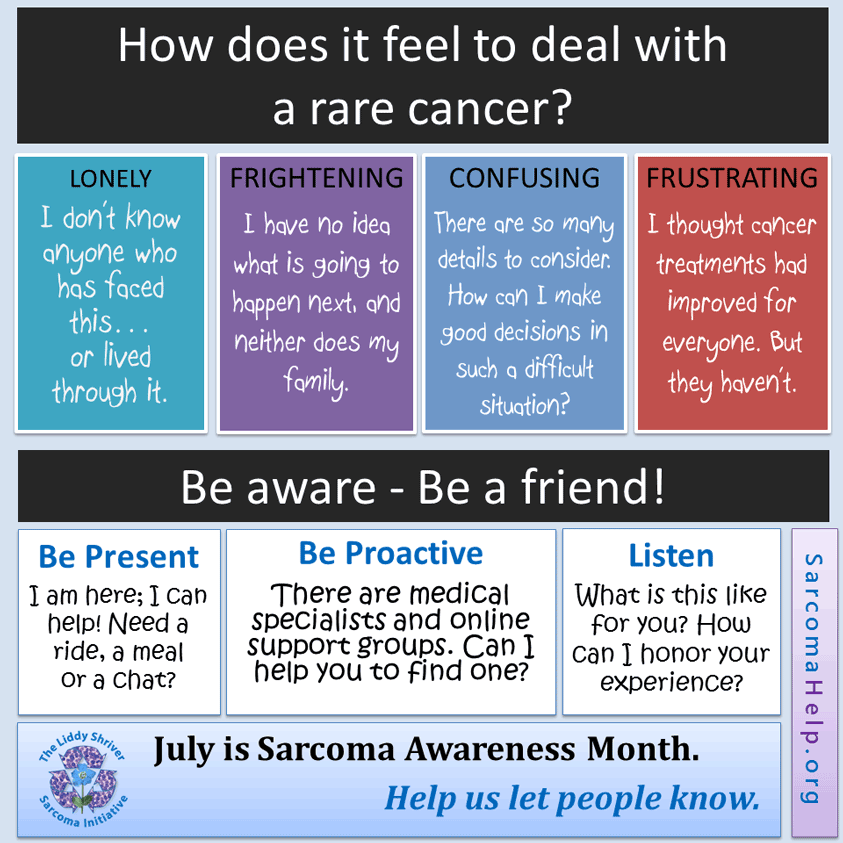Some links:
2014 National Cancer Patient Experience Survey website
2014 National Cancer Patient Experience Survey National Report
Individual hospital trust reports for our region that surveyed sarcoma patients:
The Royal Marsden NHS Foundation Trust
Royal National Orthopaedic Hospital NHS Trust
The surveys for Bournemouth and Southampton Hospitals didn’t include responses from sarcoma patients.
